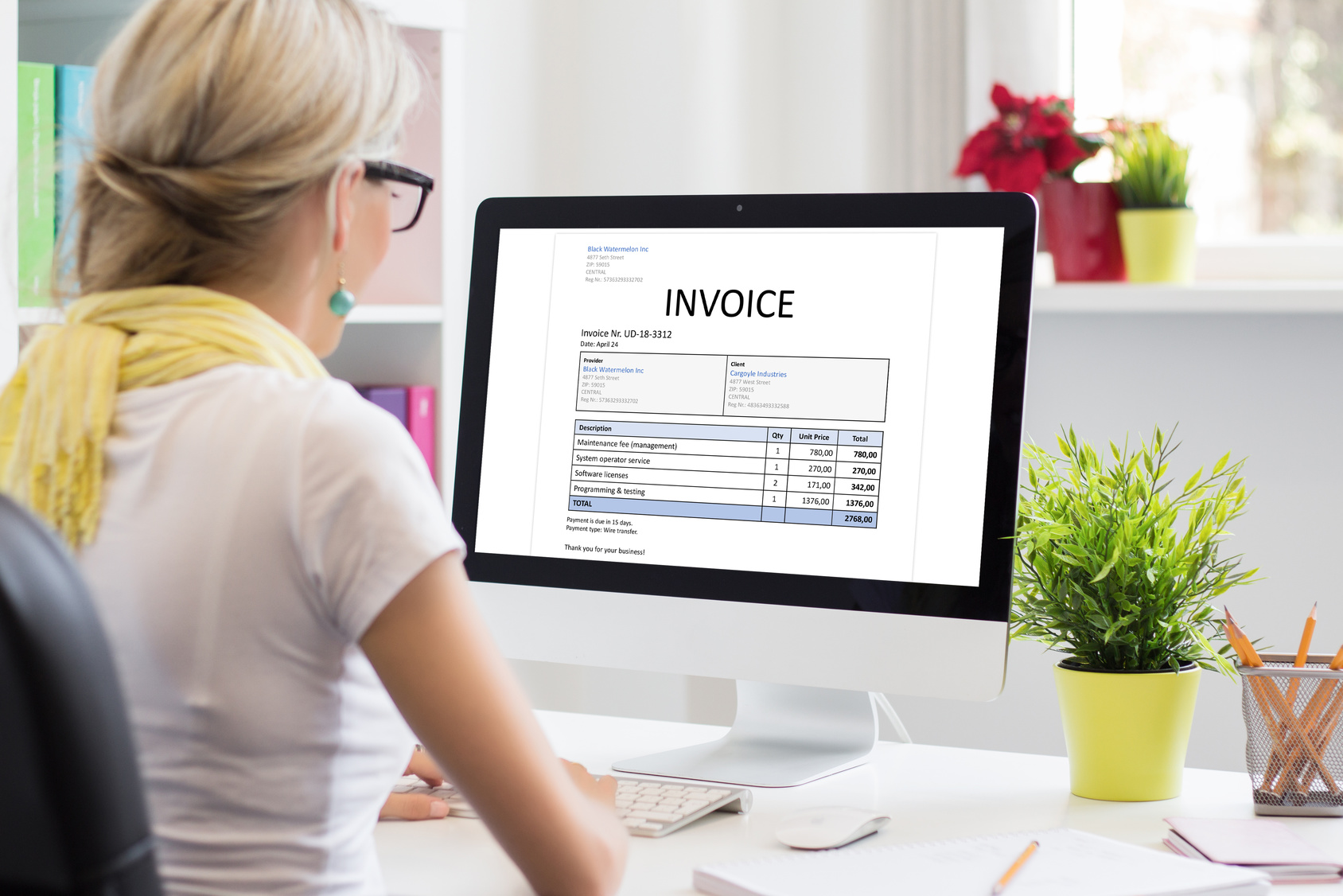
Invoice Factoring is one kind of financial transaction and a type of debtor finance. In an invoice factoring, 8a business sells its accounts receivable (invoice) to a third party (called a factor) at a discount. Slow-paying clients can stall business operations and plans for the future, say bills, payroll, investment in technology or equipment, or even hiring more staff for helping and scale business. High-interest Bank loan can be very expensive, not to mention the immediate debt incurred with obtaining one.
How it helps ?
Invoice factoring helps in relieving payroll pain, giving capital to meet weekly, bi-weekly, or monthly payroll. We can sell the invoice keeping the advance up to 100 percent of the invoice immediately, and we collect the money from your client. No more invoices to process, no waiting for clients to pay, and best of all immediate cash in hand—invoice factoring simplifies your bookkeeping experience and help us get paid on time every time.
For Trucking
We can offer insurance and equipment finance. Paying our carriers can be difficult when our shippers do not pay on time and faster payment terms mean more trucks, better margins, and satisfied customers.
For Staffing Companies
Invoice factoring is a time-tested way to insure you have working capital when you need it. Our assets are the people you place. Triumph can help make sure your payroll is funded and you have your cash when we need it.
How to obtain 8a Certification
It must possess reasonable prospects for success competing in the private sector before it can be admitted into the 8(a) federal contracting program. In order to demonstrate the company possesses the basic criteria:
a.2-year Rule
SBA uses an applicant’s length of time in business as one means of measuring its potential for success as many young businesses fail before they reach 2 years of age, the SBA uses the “2 or more years in business” metric as an indicator that an 8(a) applicant firm will continue to survive and succeed within the 8(a) program if they have already survived 2 years in business.
- Revenues over past 2 years
A firm must show for conducting business within its primary industry for at least 2 full years.
- Contracts within primary industry
A firm must prove to the SBA that it has generated revenues through multiple contracts (typically three or more contracts from different customers, none of which should account for 70% or more of total revenue), within its primary industry/primary line of business.
- Finances
The SBA will assess the firm’s financial condition by taking a look at its current and recent financial statements, including its Balance Sheet, Profit and Loss statement (sometimes referred to as the “income statement”), aging of accounts payable and aging of accounts receivable.
- Licensing
The SBA will examine all the company and employee licenses and sure that we are in compliance with state and federal laws for licensing.

